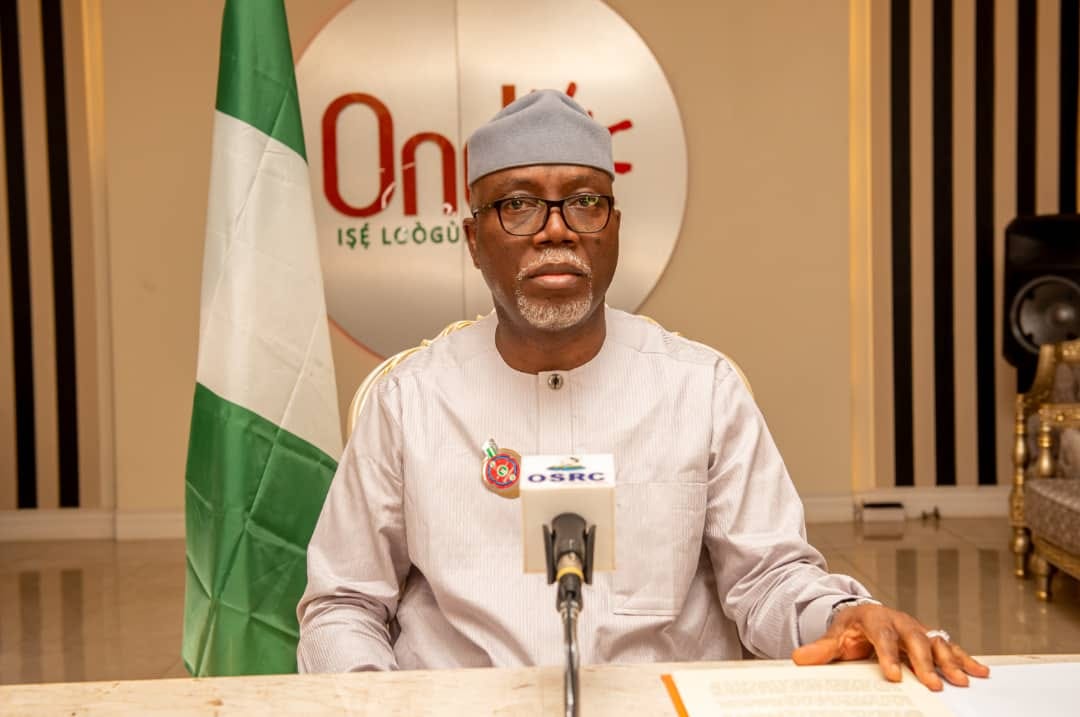Invictus Obi, Real Name Obinwanne Okeke, Facing Trial in the United States
From the legend Samson Siasia to Invictus Obi to the newly wanted 80 Nigerians involved in frauds estimated at over $1.1 billion, Nigeria’s name is gradually becoming synonymous with fraud and corruption.
In the space of one month, Samson Siasia was handed a lifetime ban by FIFA with 50,000 dollar fine for bribery and an attempt to fix a football match. Barely 24 hours later, Obinwanne Okeke, popularly known as Invictus Obi, a former Tedx speaker and Forbes under 30 Africa’s most promising entrepreneur, was arrested in the U.S and currently being charged with conspiracy to commit computer fraud and conspiracy to commit wire fraud.
 In one of the cases being investigated by the Federal Bureau of Investigation (FBI), Invictus Obi is being accused of fraudulently wiring $11 million from Unatrac Holding Limited bank account, the export sales office, Caterpillar heavy industrial and farm equipment, in the United Kingdom.
In one of the cases being investigated by the Federal Bureau of Investigation (FBI), Invictus Obi is being accused of fraudulently wiring $11 million from Unatrac Holding Limited bank account, the export sales office, Caterpillar heavy industrial and farm equipment, in the United Kingdom.
Read more about that particular case and FBI affidavit here.
A week later, another set of Nigerians, in fact, 80 Nigerians both in the United States and Nigeria, were accused of carrying out over $1.1 billion frauds, mainly wire fraud and online romance.
The question is when would all these stops?
Please, no generic response of when unemployment eased in Nigeria as almost 20 people that have been arrested out of the 80 were Nigerians living in the US for more than a decade with citizenship or permanent residence, hence, nullifying the pervasive poverty/unemployment excuses.
Even Invictus Obi had his Bachelor and Master Degree (MA) in International Relations and Counter-Terrorism (cum laude) from Monash University, Australia. One of the most expensive universities in Australia.
It is obvious the issue is not entirely poverty or the high unemployment as most Nigerians have been postulating but a broad mental decadent that placed monetary worth over honesty or even humanity. Nobody knows Invictus Obi until he was able to buy his way into Forbes and other top platforms.
“Indeed, across Nigeria, we worship money. That is our national problem,” Ndubuisi Ekwekwe, the Chairman of Famcro, said in a Linkedin post.
“But the FBI arrests of many Nigerians (especially men from the southeastern part) take this to a new level. It is very shameful, and all of us should be ashamed of how we have gone this low as a nation – at home and abroad.
He explained that “there are consequences to all these things: the lowest among us sets the denominator on how people see us. Who told you that a New York company will hire you to serve as its CFO after Invictus Obi mess even though you were in the game a few days ago?
“And today, a U.S. investor planning to invest in a startup in Lagos pulled out after reading the Jumia mess. The investor, an American and a former schoolmate, has lost confidence in the numbers which the startup had shared.”
Similarly, local businesses and freelancers based in Nigeria have started losing potential foreign clients and investors, especially after Jumia numbers, the Amazon of Africa, were actually discovered to be inflated as declared by Citron Research in May.
A controversial personality on Linkedin, Jenna Bourgeois, the Chairman of Dynamics Intelligence Nigeria, had announced on Friday that his company was closing its operation in Nigeria due to numerous examples of employees and contractors extorting the company.
He said: “Effective immediately, we will be closing our operations in Nigeria. Over the last year, we have faced numerous examples of employees and contractors extorting the company. While we kept giving Nigerians a chance to gain skills and employment, we cannot run a company when we can’t trust the people who work for us. Any company interested in conducting business in Nigeria can reach out to us to learn how to avoid being scammed by technical resources. It is a kick in our face that we spent so much time trying to give Nigerians the benefit of the doubt to have this happen. Customers who wish to outsource, are well advised to seek an India-owned company for the best results.”
While few people that have worked with him have attacked his business approach or blame his failure in Nigeria on poor managerial structure, some of the comments from Nigerians were shocking.
For instance, Akin A, an experienced Accounting & Treasury Control Officer, commented by assuming he understands what Jenna needs and suggested a “decisive restructuring and effective business & financial control mechanism.
He supported that statement with “there are MNCs that have been operating in Nigeria for over 40, 50 & 60 years, how have they managed to succeed?.”
Here is the answer, they managed by adopting a localisation strategy — adapting to local modus operandi. Sadly, that means bribery and settlement in Nigeria. Shell has been indicted on numerous occasions and recently fighting to have a case presided over in Nigeria instead of the UK where bribery won’t work.
The U.S has sentenced all the people involved in Halliburton bribery scandal and the company itself paid $177 million and KBR, a former subsidiary of Halliburton indicted as well paid another $4002 million to the U.S Securities and Exchange Commission. However, no single person has been sentenced in Nigeria 25 years later.
The current Nigerian system is not working and until educated few with the right mindset start calling it what it is we may not get to the bottom of this menace.
Dapo Alade, a software engineer, said “the problem itself is deep-rooted. Some people are still celebrating Invictus Obi knowing he committed fraud or got to his position through fraud.”
He added, “sadly, this country celebrates people with a questionable source of income. We need to be sensitized from the ground up.”
Parents, Pastors, Imams, traditionalists, organisations, and individuals (especially ladies) should start refusing gifts (money, donations, etc) from people with a suspicious source of income.
Until we start shaming fraudsters, denying them any form of respect even with their big cars and houses, stopping them from accessing opportunities and start celebrating hard-working everyday people without ‘purchased influences’ but life-changing contributions, we will continue to lose our young talents to fraud and turn the nation to a home of sympathisers of criminals (they have parents, wife, kids, etc) with no hope of rebranding or redeeming the nation of almost 200 million people.


 News3 weeks ago
News3 weeks ago
 Business3 weeks ago
Business3 weeks ago
 Technology3 weeks ago
Technology3 weeks ago
 Investment3 weeks ago
Investment3 weeks ago
 Banking Sector3 weeks ago
Banking Sector3 weeks ago
 Banking Sector3 weeks ago
Banking Sector3 weeks ago
 Appointments3 weeks ago
Appointments3 weeks ago
 Investment3 weeks ago
Investment3 weeks ago



























